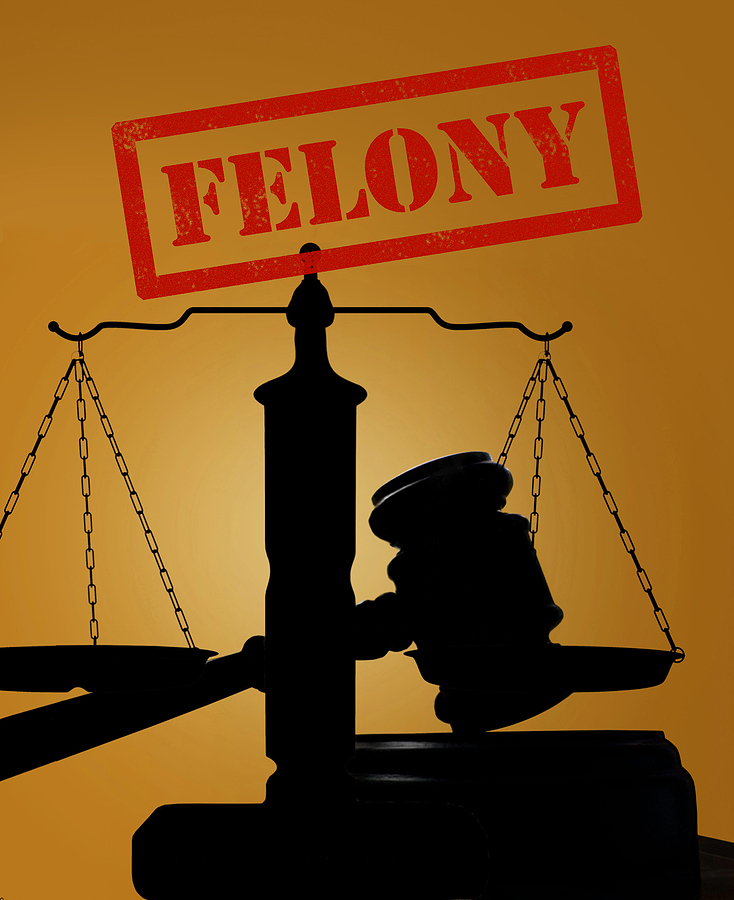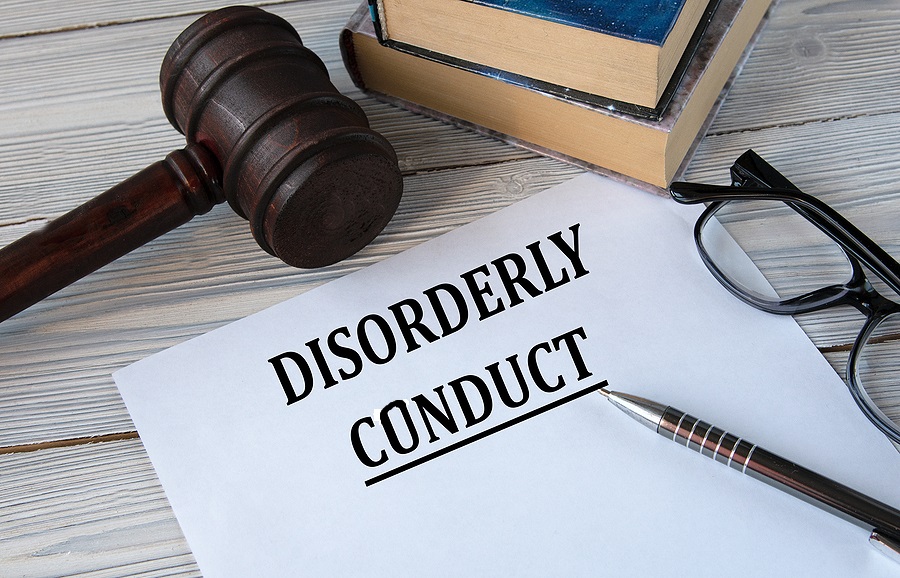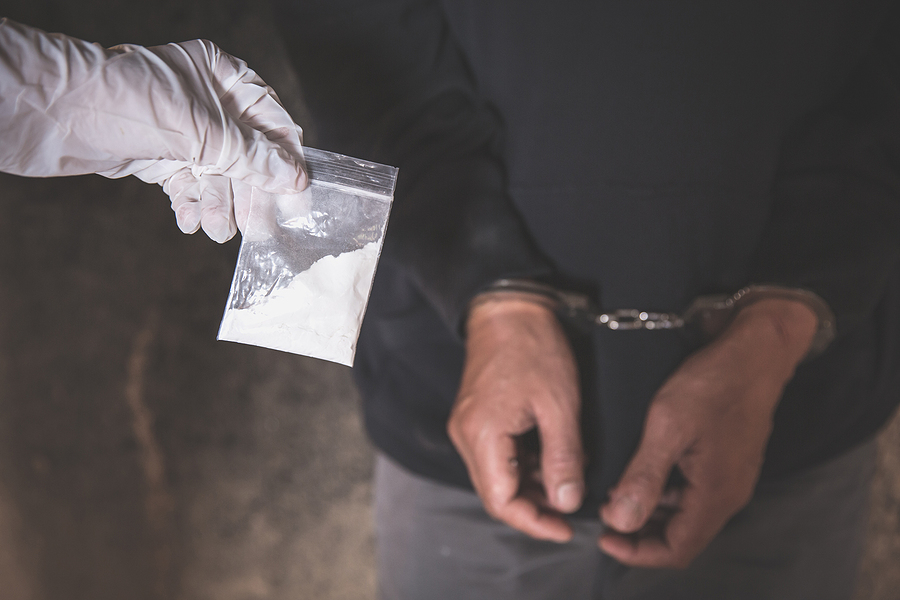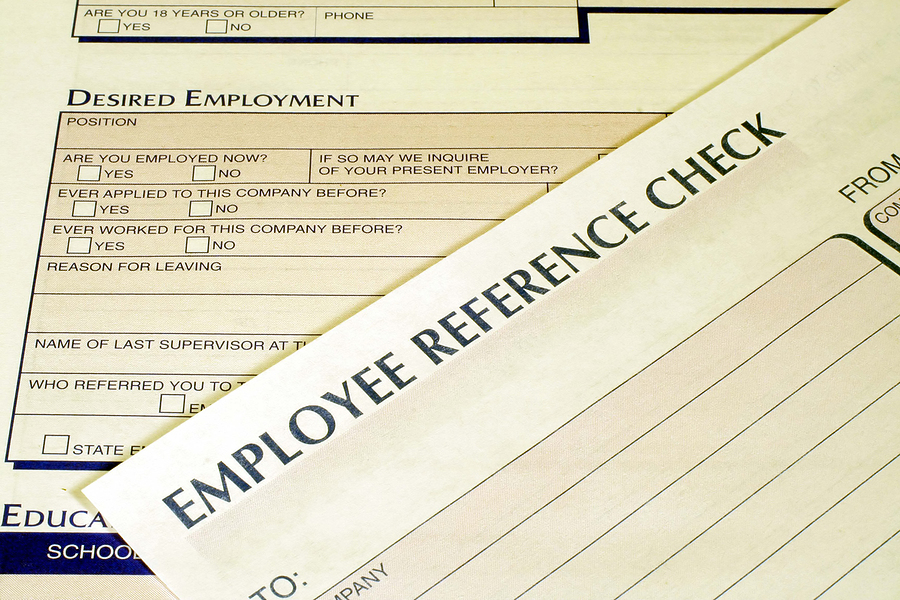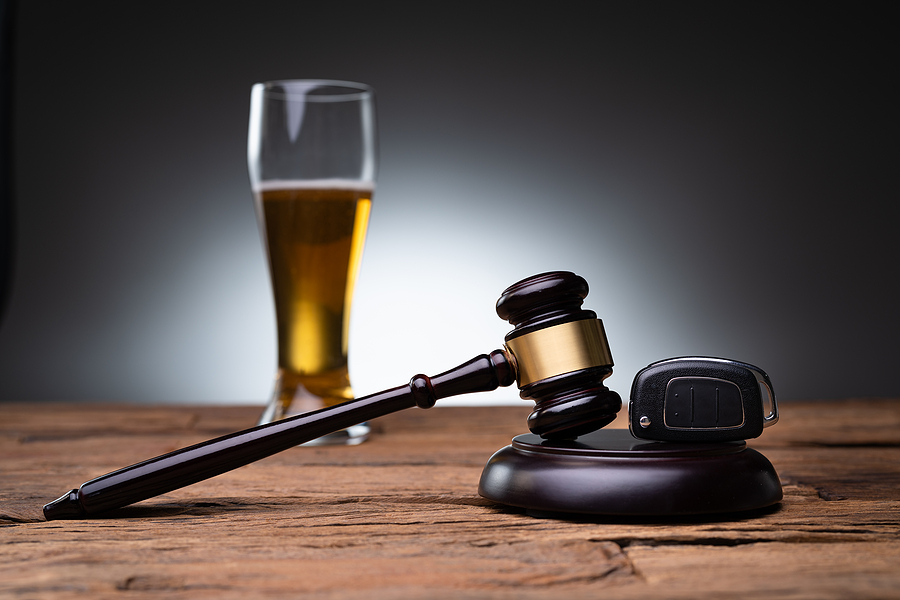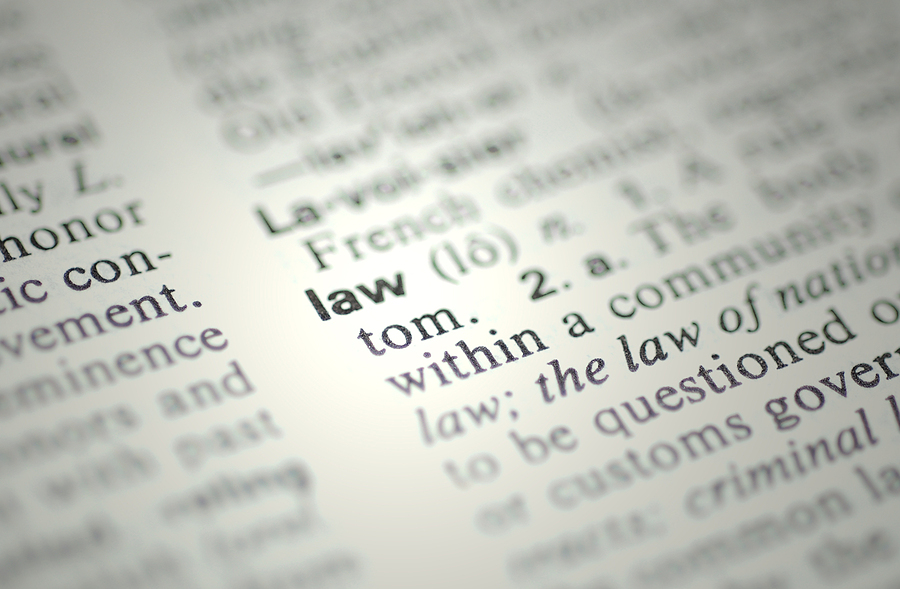In the digital era, our dependence on technology has skyrocketed. However, with this increased reliance comes an elevated risk of cybercrime. These crimes, encompassing a variety of nefarious activities conducted online, can have significant legal repercussions, especially in Indiana.
This blog aims to shed light on the complex landscape of Indiana cybercrime charges. We will delve into tangible examples of cybercrimes, explore the role of a cybercrime lawyer, and unpack the intricate web of laws and regulations governing these offenses. Whether you’re an interested party, an accused, or simply a concerned netizen, this guide offers crucial insights into navigating the murky waters of Indiana’s cybercrime law landscape.
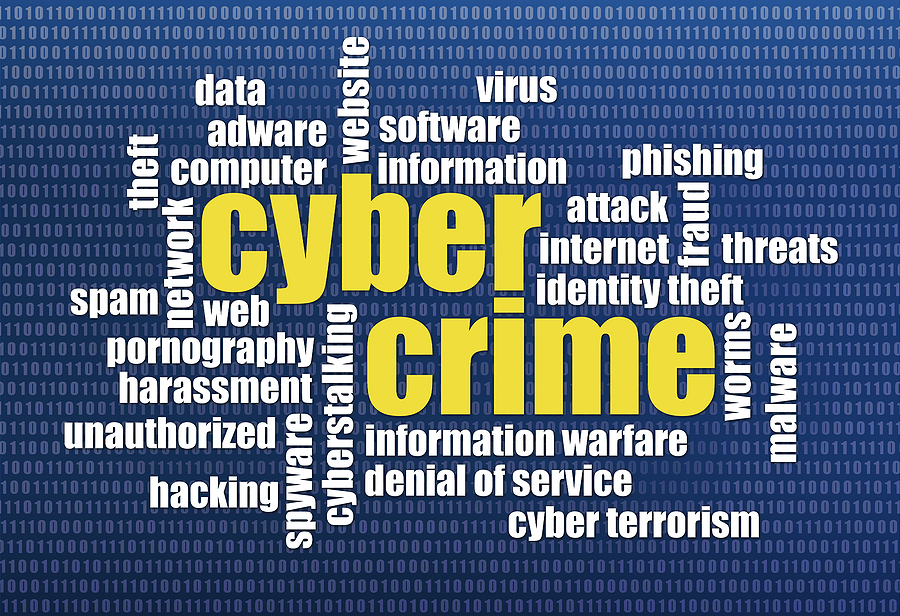
Cybercrime Examples
Cybercrimes can take on many forms, ranging from identity theft to cyberstalking. In Indiana, some of the most commonly prosecuted cybercrimes include:
Identity Theft: This crime involves obtaining someone else’s personal information without their consent and using it for fraudulent purposes. For instance, stealing someone’s credit card details and making unauthorized purchases online.
Hacking: Unlawful access to computer systems or networks, with the intent to cause damage or steal sensitive information, is considered hacking. For example, breaching a company’s database and stealing confidential data.
Cyberstalking: Using electronic communication platforms to harass, threaten, or intimidate someone is considered cyberstalking. This could involve sending threatening messages or tracking someone’s online activity without their consent.
Phishing: This is a type of fraud where criminals use fake emails, texts, or websites to trick individuals into giving out sensitive information. For instance, an email pretending to be from a bank requesting login details.
The Role of a Cybercrime Lawyer
If you ever find yourself entangled in an internet crime investigation or charged with a cyber-related offense, seeking legal counsel is critical. A seasoned Indianapolis cybercrime lawyer can offer valuable guidance and representation throughout the legal process. They will review your case, advise you on your rights, and work towards securing the best possible outcome for you. With their knowledge and experience in this specialized area of law, they can mount a strong defense on your behalf, protect your interests, and navigate the complex legal system.
Cybercrime Laws and Regulations
Indiana’s laws governing internet crimes are constantly evolving to keep up with the ever-changing landscape of technology. Some of the key legislation includes:
Computer Crimes Act: This act defines various cyber-related offenses and their corresponding penalties, including unauthorized access to computer systems, computer trespass, and cyber harassment.
Identity Deception Statute: This law makes it illegal to impersonate someone else online with the intent to harm them or commit a crime.
Data Breach Notification Act: This act mandates companies that experience data breaches involving personal information to notify affected individuals in a timely and transparent manner.
Revenge Porn Laws: Indiana has strict laws against sharing intimate images or videos without consent, commonly referred to as revenge porn.
Online Harassment Statutes: These laws make it illegal to use electronic communication platforms to harass, annoy, or alarm someone else.
Federal Cybercrimes
It’s worth noting that some federal laws also apply to cyber crimes committed in Indiana. These include the Computer Fraud and Abuse Act, which prohibits unauthorized access to computers, and the Electronic Communications Privacy Act, which protects electronic communication privacy. Additionally, certain federal agencies, such as the Federal Bureau of Investigation (FBI), handle cybercrime investigations and prosecutions in collaboration with state authorities.
Conclusion
In conclusion, Indiana’s laws and penalties surrounding internet crimes are serious and should not be taken lightly. If you find yourself facing cybercrime charges, seek the help of a qualified cybercrime lawyer immediately. Additionally, it’s crucial to educate yourself on the various types of cybercrimes and stay informed about Indiana’s ever-changing laws and regulations in this area. Together, we can work towards creating a safer online environment for all Hoosiers. So, be mindful of your actions online and remember that cybercrime is not a victimless crime – it can have severe consequences for both the perpetrator and the victim.
You do not have to face cybercrime charges alone. Get a professional on your side who will fight for your rights and your freedoms. Contact Attorney David E. Lewis at 317-636-7514 to speak with a seasoned criminal defense lawyer in Indianapolis, Indiana. Our law firm will get you the best possible outcome to your criminal case!
Related Posts:
Common Internet Crimes and Penalties
Penalties You Might Face for Computer Crimes in Indiana
Frequently Asked Questions About State and Federal Crimes


